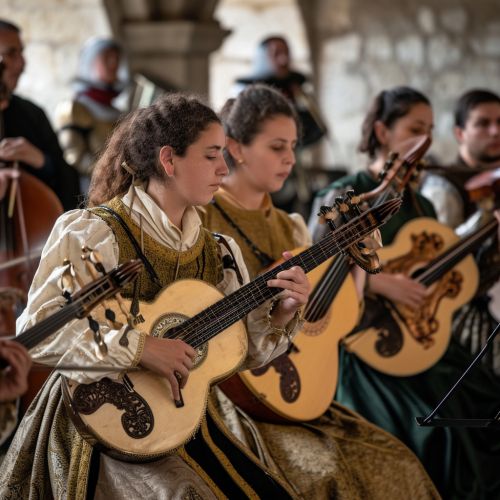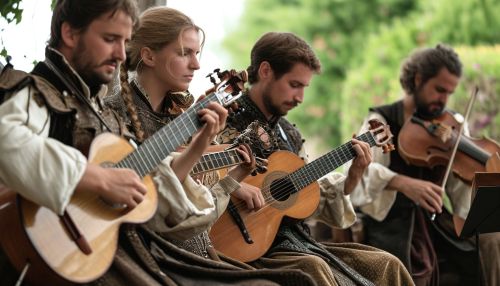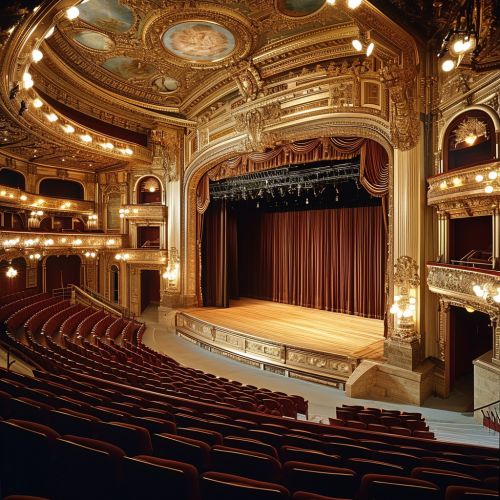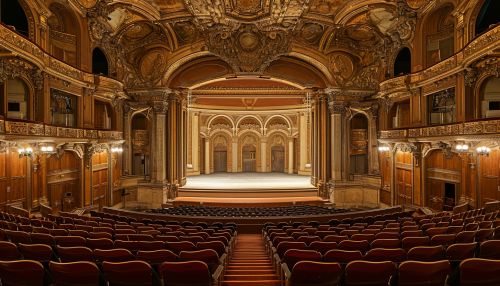French music
Origins of French Music
The origins of French music can be traced back to the medieval period, where the influence of the Church was significant. The Church was the primary patron of the arts, and it was through this patronage that the first forms of French music, known as Gregorian chants, emerged. These chants were monophonic, meaning they consisted of a single melody line without any accompaniment.


During the renaissance period, French music began to evolve, with the introduction of polyphony, a style of musical composition that involves two or more simultaneous lines of independent melody. This period also saw the development of the chanson, a genre of French song that was typically secular and love-themed.
Baroque and Classical Periods
The baroque and classical periods in French music were marked by the emergence of new musical forms and styles. The baroque period, which spanned from the late 16th century to the mid-18th century, was characterized by ornate and highly stylized compositions. French composers such as Jean-Baptiste Lully and François Couperin were key figures during this period, contributing significantly to the development of French baroque music.
The classical period, which followed the baroque period, saw a shift towards simplicity and clarity in musical composition. This period was marked by the emergence of the symphony, a form of orchestral composition that typically consists of four movements. French composers such as Joseph Bologne, Chevalier de Saint-Georges and François-André Danican Philidor were prominent during this period.
Romantic Period
The romantic period in French music was characterized by a focus on emotion and individual expression. This period saw the emergence of the opera, a form of musical theatre that combines music, drama, and often dance. French composers such as Hector Berlioz, Georges Bizet, and Camille Saint-Saëns were key figures during this period, contributing significantly to the development of French romantic music.


20th Century and Beyond
The 20th century and beyond saw the emergence of new genres and styles in French music, influenced by cultural changes and technological advancements. Genres such as chanson réaliste, jazz, and pop became popular during this period. French composers and musicians such as Édith Piaf, Maurice Ravel, and Daft Punk have made significant contributions to these genres.
